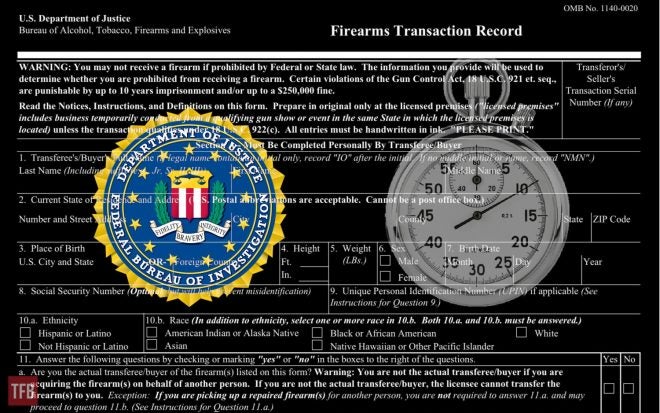The National Instant Criminal Background Check System (NICS) used to transfer firearms in many states is run by the Federal Bureau of Investigation (FBI). The system itself isn’t exactly instant, especially in times of high volume – like Black Friday and now the COVID-19 pandemic. NICS uses three categories to determine the outcome of a firearms transfer request. Proceed: the applicant has passed the background check. Deny: the applicant has failed the background check. And Delay: more information regarding the applicant is required before the transfer can move forward. In the Delay scenario, FFLs are given an official Brady Transfer Date from which the clock starts ticking. If after three days from the Brady Transfer Date the FBI is unable to complete the background check, the transfer of the firearm can continue at the discretion of the FFL.
However, with some states closing their doors, the FBI has announced that the Brady Transfer Date may be pushed back, which will, in turn, affect the three-day rule. More information can be found below.
FBI: State Closures Could Delay Brady Transfer Date Firearms Transfers
https://www.nicsezcheckfbi.gov
As the FBI’s National Instant Criminal Background Check System (NICS) Section works through the impact of the COVID-19 operationally, we are working to maintain our services. We are aware that states may be considering options to protect the health and safety of their employees, which may include a reduction in office availability or even closure to some offices.
Should a state choose to limit days of operation by completely closing state offices one or more days a week or even indefinitely, this could potentially impact the Brady Transfer Date (BTD) by changing the time in which an FFL can legally transfer a firearm in a delayed status. The NICS Section urges FFLs to be cognizant of the impact this may have to your day-to-day operations, and also to stress the importance of adhering to the BTD that is provided to you at the time a transaction is put into a Delay status. The Brady Act does not federally prohibit an FFL from transferring a firearm after the third business day expires, even if the NICS Section has been unable to provide a proceed response, pursuant to 18 U.S.C. § 922(t)(1).
We appreciate your patience and partnership during this critical time and potential impact to NICS operations.
FBI NICS – Proceed, Deny, Delay
https://www.fbi.gov/services/cjis/nics/about-nics
If potentially prohibitive criteria exists and more information is required in order to make the determination, the NICS examiner will advise the FFL to DELAY the firearm transaction and the FFL will receive the following instructions:
. . .NTN ___ will be delayed while the NICS continues its research. If you do not receive a final response from us, the Brady Law does not prohibit the transfer of the firearm on day/date.
The NICS examiner will provide the FFL with the date of the third business day after the firearm check was initiated. Business days do not include the day the check was initiated, Saturdays, Sundays, and any day state offices in the state of purchase are closed. If the FFL has not received from the NICS a final determination after three business days have elapsed since the delay response, it is within the FFL’s discretion whether or not to transfer the firearm (if state law permits the transfer). If the FFL transfers the firearm, the FFL must mark “No resolution was provided within three business days” on line 21d of the ATF Form 4473. It is recommended the FFL record the date provided in the delay response on which the firearm may be lawfully transferred under federal law if a final determination of proceed or denied is not received from the NICS.
When a transaction is DELAYED, the NICS examiner begins extensive research on the potential prohibitor. Upon completion of the research when a definitive status is determined, the FFL is contacted and given a PROCEED or DENY decision on the firearm transaction.
 Your Privacy Choices
Your Privacy Choices
